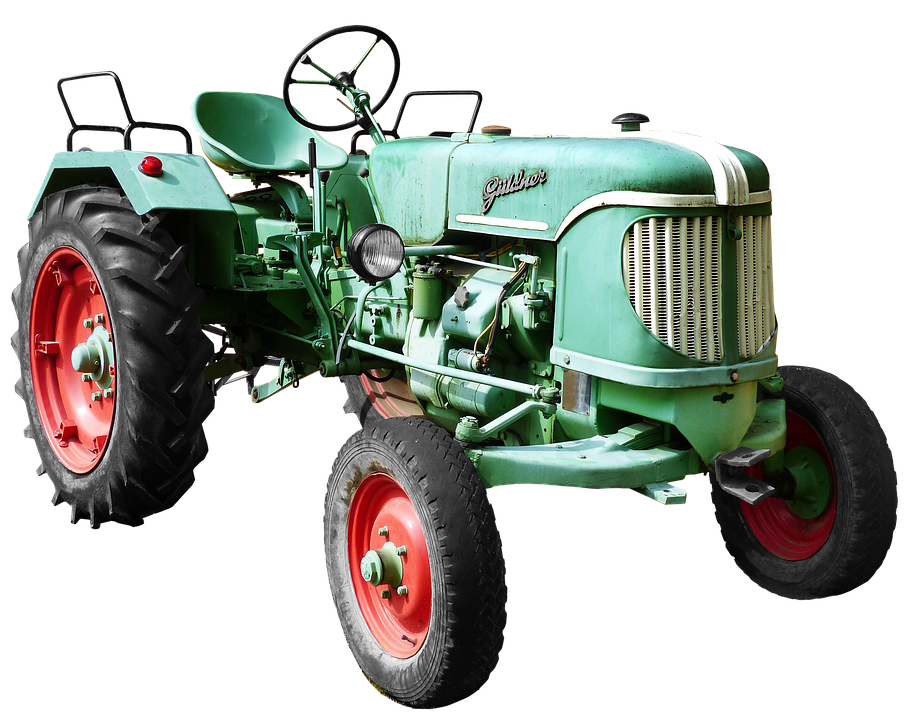When it comes to securing a position as an agricultural engineer, your CV serves as your first impression. In a field where innovation meets tradition, how you present your skills and experiences can truly set you apart. Here’s how to craft a compelling CV that resonates with potential employers.
1. Personal Information: Make It Count
Start with the basics. Your name, contact information, and LinkedIn profile should be front and centre. But don’t stop there. Consider adding a professional summary—a snapshot of your qualifications and aspirations. This brief introduction can encapsulate your passion for sustainable agriculture and your commitment to improving farming technologies.
2. Highlight Relevant Experience: Quality Over Quantity
When detailing your work history, opt for relevance over sheer volume. Focus on roles that align with agricultural engineering. For instance, if you’ve worked on projects involving irrigation systems or soil management, detail your responsibilities and the impact of your contributions. Use bullet points for clarity:
- Developed an innovative irrigation system that reduced water usage by 30%.
- Collaborated with farmers to implement sustainable practices that increased yield by 15%.
Quantifying your achievements not only adds credibility but also provides a clearer picture of your capabilities.
3. Education: Showcase Your Foundation
Your educational background is pivotal. Highlight your degree, any relevant certifications, and additional training that complements your engineering skills. If you’ve attended workshops or seminars on cutting-edge agricultural technologies, don’t hesitate to mention them. This shows your commitment to continuous learning and staying ahead in the field.
4. Skills: Diverse and Dynamic
A great agricultural engineer must possess a blend of technical and soft skills. List your competencies with precision, categorising them into hard and soft skills. For example:
- Technical Skills: Proficient in CAD software, data analysis, and project management.
- Soft Skills: Strong communication abilities, problem-solving, and teamwork.
Employers are on the lookout for candidates who can not only solve complex engineering problems but also collaborate effectively with diverse teams.
5. Professional Affiliations: Build Your Network
Membership in professional organisations can bolster your CV significantly. Whether it’s the Institution of Agricultural Engineers or any other relevant body, being part of these networks showcases your dedication to the profession. It also opens doors for collaborations and keeps you informed about industry trends.
6. Tailor for Each Application: Personal Touch Matters
One size does not fit all when it comes to CVs. Tailor your document for each application, emphasising the skills and experiences that align with the specific job description. This demonstrates your genuine interest in the role and shows that you’ve done your homework.
Stand Out from the Crowd
As you finalise your CV, remember that a well-structured, visually appealing document can make a significant difference. Use clear headings, consistent formatting, and, if appropriate, a touch of colour to make your CV pop. Remember to proofread meticulously; errors can undermine your professionalism.
Crafting a standout CV as an agricultural engineer is not just about listing your experiences; it’s about weaving a narrative that reflects your unique journey in the world of agriculture. With the right template and a thoughtful approach, you can capture the attention of hiring managers and open doors to exciting opportunities.
CVPortal continues to provide you with various high-quality CV references to help you navigate your job application journey.


